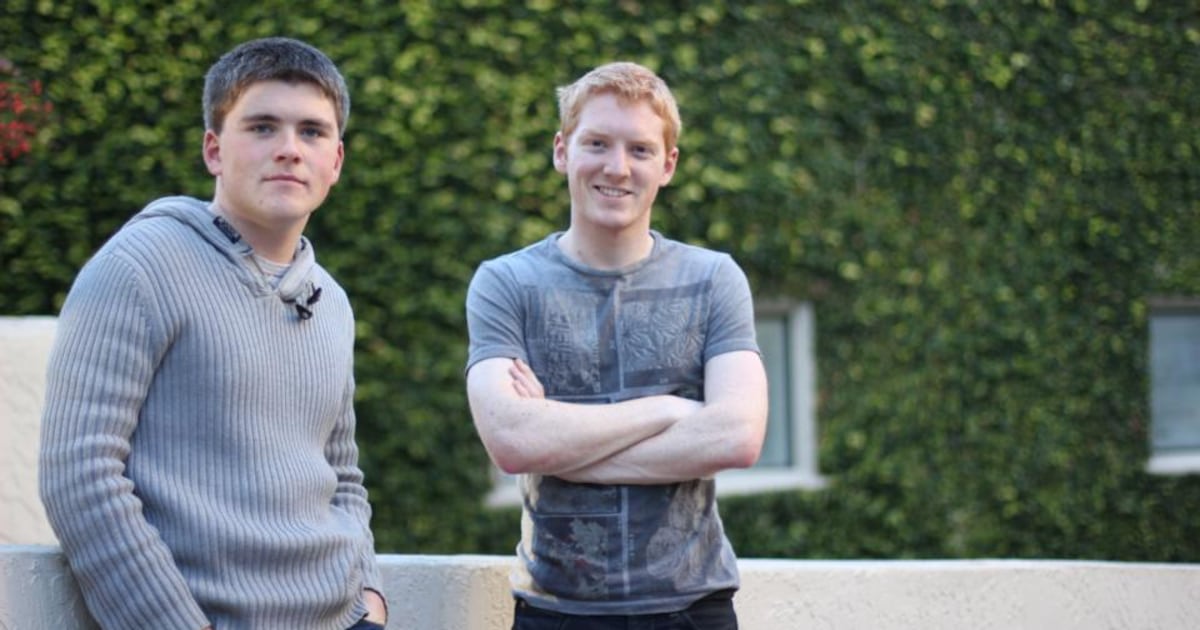Politics
Rediscovering Ireland’s Complex History Beyond Oppression

Irish history is often depicted as a narrative dominated by “eight centuries of British oppression,” with moments of conflict and uprising. However, a deeper exploration reveals a tapestry of intricate stories that highlight the contributions of remarkable individuals who shaped not just Ireland, but also the wider world.
One such figure is **Richard Wellesley**, the 1st Marquess Wellesley, who expanded British control in India more swiftly than **Napoleon** did across Europe. Despite his significant achievements, Wellesley remains largely unrecognized in contemporary discussions of Irish history. His legacy, intertwined with that of his two Catholic wives, illustrates the complexity of identity during a period marked by colonial expansion.
Another prominent character is **Teresa Ball**, an Irish woman from **Rathfarnham** who was instrumental in establishing Catholic education for girls across the British Empire, reaching as far as **Canada** and **India**. Her work laid the foundation for thousands of young women to receive an education, challenging the societal norms of her time.
**William Butler**, a lesser-known figure, authored best-sellers and played a crucial role in the creation of Canada’s famous Mounties while advocating for Irish Home Rule. His efforts to bridge the gap between Irish and British identities exemplify a nuanced perspective often overlooked in traditional narratives.
The series and podcast, **Irish Imperial Lives**, co-created by **Abie Philbin Bowman** and historian **Kate O’Malley**, seeks to highlight these multifaceted characters. Bowman expresses the need to move beyond simplistic narratives, arguing that Ireland’s history is not merely about oppression but also about individuals who actively shaped their world, both in resistance and collaboration.
The ongoing discussions surrounding a **United Ireland** often get bogged down in logistical concerns, such as the choice of flag or national anthem. Yet, as history shows, the deeper question of identity looms large. What does it mean to feel Irish in an increasingly globalized world? The **Brexit** vote and **Scotland’s** independence referendum have demonstrated how identity politics can polarize societies, forcing individuals into binary positions.
As Ireland contemplates its future, it is essential to consider the implications of its storied past. The **division** that once split the North from the South still resonates today, influencing how people perceive their national identity. Acknowledging the contributions of both **Catholic-Irish nationalists** and **Protestant-British unionists** can help create a more inclusive understanding of what it means to be Irish.
Bowman highlights the stories of individuals who defied categorization. For instance, the **Collison brothers**, Patrick and John from **Limerick**, exemplify modern Irish success stories, having founded **Stripe**, a company that has transformed online payments. Their journey reflects the enduring legacy of Irish talent in shaping global industries, even as they navigate the complexities of their heritage.
The implications of history also extend to contemporary migration patterns. Many young Irish people continue to seek opportunities abroad, often choosing **Australia**, **Canada**, or the **US**. These decisions are shaped by historical ties to the British Empire, which have fostered welcoming environments for Irish emigrants.
Bowman provocatively asks what might have happened had historical events, such as the **Battle of Kinsale**, unfolded differently. If Spain had successfully aided Irish forces, the cultural and linguistic landscape of Ireland could have been dramatically different, potentially aligning the nation more closely with Latin America.
The complexities of Irish history are not just academic; they shape present realities and influence future possibilities. As **Abie Philbin Bowman** and **Kate O’Malley** prepare for the return of their podcast series on **August 2, 2025**, their work invites listeners to engage with a more nuanced understanding of Ireland’s past. It encourages a re-evaluation of the national narrative, paving the way for a future that embraces the entirety of its history and the diverse identities that comprise it.
-

 Top Stories3 months ago
Top Stories3 months agoTributes Surge for 9-Year-Old Leon Briody After Cancer Battle
-

 Entertainment4 months ago
Entertainment4 months agoAimee Osbourne Joins Family for Emotional Tribute to Ozzy
-

 Politics4 months ago
Politics4 months agoDanny Healy-Rae Considers Complaint After Altercation with Garda
-

 Top Stories4 months ago
Top Stories4 months agoIreland Enjoys Summer Heat as Hurricane Erin Approaches Atlantic
-

 World5 months ago
World5 months agoHawaii Commemorates 80 Years Since Hiroshima Bombing with Ceremony
-

 Top Stories3 months ago
Top Stories3 months agoNewcastle West Woman Patricia Foley Found Safe After Urgent Search
-

 Top Stories5 months ago
Top Stories5 months agoFianna Fáil TDs Urgently Consider Maire Geoghegan-Quinn for Presidency
-

 World5 months ago
World5 months agoCouple Convicted of Murdering Two-Year-Old Grandson in Wales
-

 World5 months ago
World5 months agoGaza Aid Distribution Tragedy: 20 Killed Amid Ongoing Violence
-

 World5 months ago
World5 months agoAristocrat Constance Marten and Partner Convicted of Infant Murder
-

 Top Stories4 months ago
Top Stories4 months agoClimbing Errigal: A Must-Do Summer Adventure in Donegal
-

 Top Stories4 months ago
Top Stories4 months agoHike Donegal’s Errigal Mountain NOW for Unforgettable Summer Views









